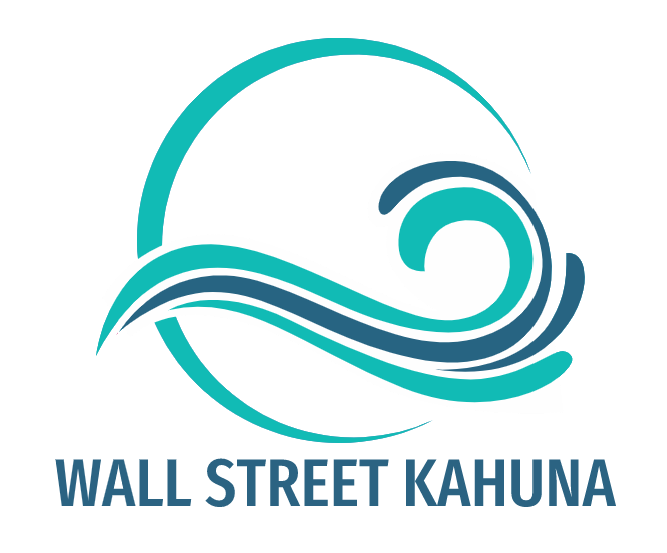Companies that supply electricity, natural gas, water, sewage, and other services to households and businesses are what make up the utilities industry. Many of the more prominent firms are tightly regulated. Major utilities such as Dominion Energy Inc. (D) and Xcel Energy Inc.(XEL) are among them.
Over the last year, utility companies, as represented by the Utilities Select Sector SPDR ETF (XLU), have lagged on the broader market. Through September 7th, XLU has returned 11%, falling behind the S&P 500’s 21.5%, dividends included. With a return of 17.75% over the past year, the utilities sector is the second-worst performer in the S&P 500, trailing only consumer staples. For this reason, the industry has been more or less written off by some investors.
However, utility stocks have long been a safe shelter for income investors seeking high returns. The dividends aren’t bad, and they show how the market has shifted its focus to other sectors, such as financials, which have returned almost 50% in the last year, and even energy, which is up 37%. Utility returns are still appealing, and the sector’s payouts have been stable during the pandemic, with only minor cutbacks and suspensions. According to John Bartlett, head of Reaves Asset Management, which focuses on utilities and infrastructure holdings, utilities are in an ideal situation on a risk-adjusted basis.
Let’s take a quick look at just a few stocks from the utilities sector that not only have decent dividend yields but are considered by analysts to be overall smart picks for your portfolio:
Entergy Corp (ETR)
Entergy Corp. is a holding corporation that is involved in the generation and distribution of electricity. Utility and Entergy Wholesale Commodities are two of the company’s segments. The Utility Division is comprised of electric power generation, transmission, distribution, and sale, as well as natural gas distribution operations. Entergy Wholesale Commodities owns, operates, and decommissions nuclear power facilities, as well as selling electricity. Harvey Couch founded the firm on November 13, 1913, based in New Orleans, Louisiana.
Entergy reported $1.34 per share in adjusted earnings for the second quarter of 2021. ETR‘s revenue of $2.8 billion was 3.7% more than expected. Furthermore, sales increased 17% year over year to $2.4 billion, owing mainly to higher Electric revenues. ETR reports again on November 3rd and is showing healthy growth in the meantime. The consensus price target for ETR from analysts that provide 12-month predictions is 122.00, with a high of 137.00 and a low of 111.00. The median estimate implies a gain of 8.07% from its current price. With a dividend yield of 3.3%, the consensus among experts is to buy shares of Entergy (ETR) stock.
Edison International (EIX)
Edison International (EIX) is a renewable energy business that generates and distributes electricity through its subsidiaries and invests in energy services and technology. The firm was established on July 4, 1886, and is based in Rosemead, California. On July 29th, EIX released its most recent earnings report. For the quarter, the utility company earned $0.94 per share. The firm earned $3.32 billion in sales during the quarter, compared to $3.09 billion expected by analysts. EIX is expected to reach $4.45 EPS for the current fiscal year, according to experts.
EIX reports again on November 2nd and boasts $4.8 billion in sales for the current quarter and an EPS of $1.76 so far. They currently have an impressive dividend yield of 4.5%. The median price goal for EIX among analysts that provide 12-month price projections is 72.00, with a high of 79.00 and a low of 59.00. The median estimate implies an increase of 22.74% from the current price. Economists are impressed by EIX’s returns, and the
consensus is to buy stock.
Duke Energy (DUK)
Duke Energy Corp. (DUK) is in the business of distributing natural gas and providing energy-related services. Electric Utilities and Infrastructure, Gas Utilities and Infrastructure, and Commercial Renewables are the company’s three segments. DUK‘s regulated electric utilities in the Carolinas, Florida, and the Midwest are managed by the Electric Utilities and Infrastructure business. Piedmont, DUK‘s natural gas local distribution businesses in Ohio and Kentucky, and DUK‘s natural gas storage and midstream pipeline investments are all part of the Gas Utilities and Infrastructure sector. The Commercial Renewables division purchases, develops, constructs, operates, and owns wind and solar renewable power throughout the continental United States. The firm was established on April 30, 1904, and is based in Charlotte, North Carolina.
DUK‘s most recent quarterly earnings report was released on August 5th. The utility company posted $1.15 earnings per share for the quarter, topping the average estimate of $1.12. DUK had a net margin of 12.28% and an 8.73% return on equity. For the quarter, the firm brought in $5.76 billion in sales. DUK is expected to earn $5.21 per share this year, according to experts. DUK reports again on November 2nd, but in the meantime, has $7.4 billion in revenue with an EPS of $1.81 per share. DUK has also announced a quarterly dividend, which will be paid on September 16th. A $0.98 dividend will be paid to stockholders of record on August 13th. Together, this equates to a $3.94 yearly dividend and a 3.74% dividend yield.
The consensus price target for DUK among analysts that provide 12-month price projections is 109.00, with a high of 118.00 and a low of 96.00. The median estimate is up 4.19% from its current price. The forecast from experts is strong, with quarterly and annual growth in both EPS and Revenue. The consensus is to buy shares of Duke Energy (DUK) stock.







